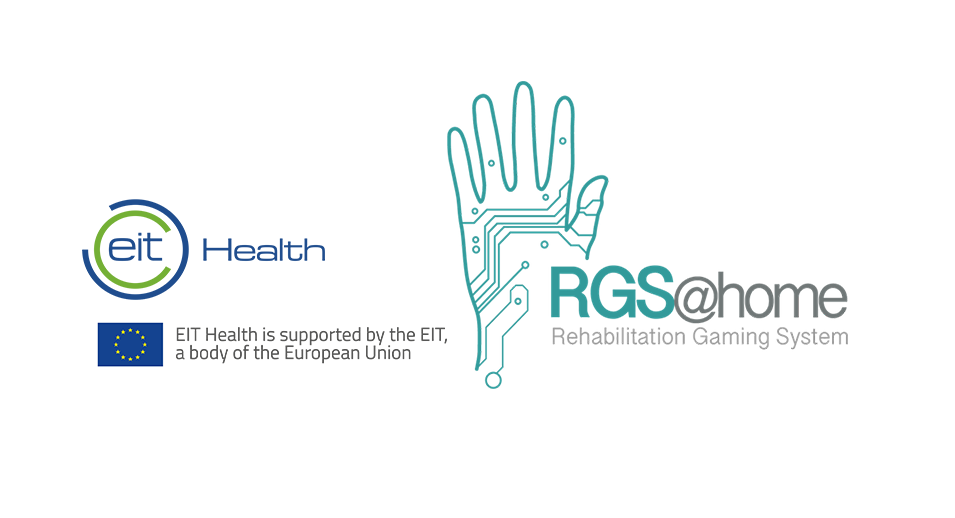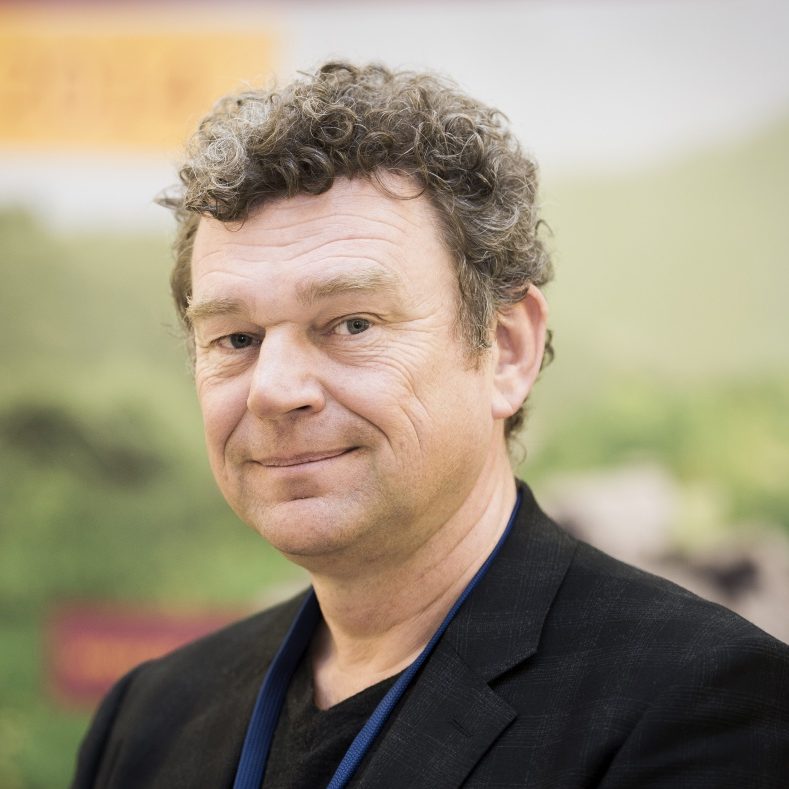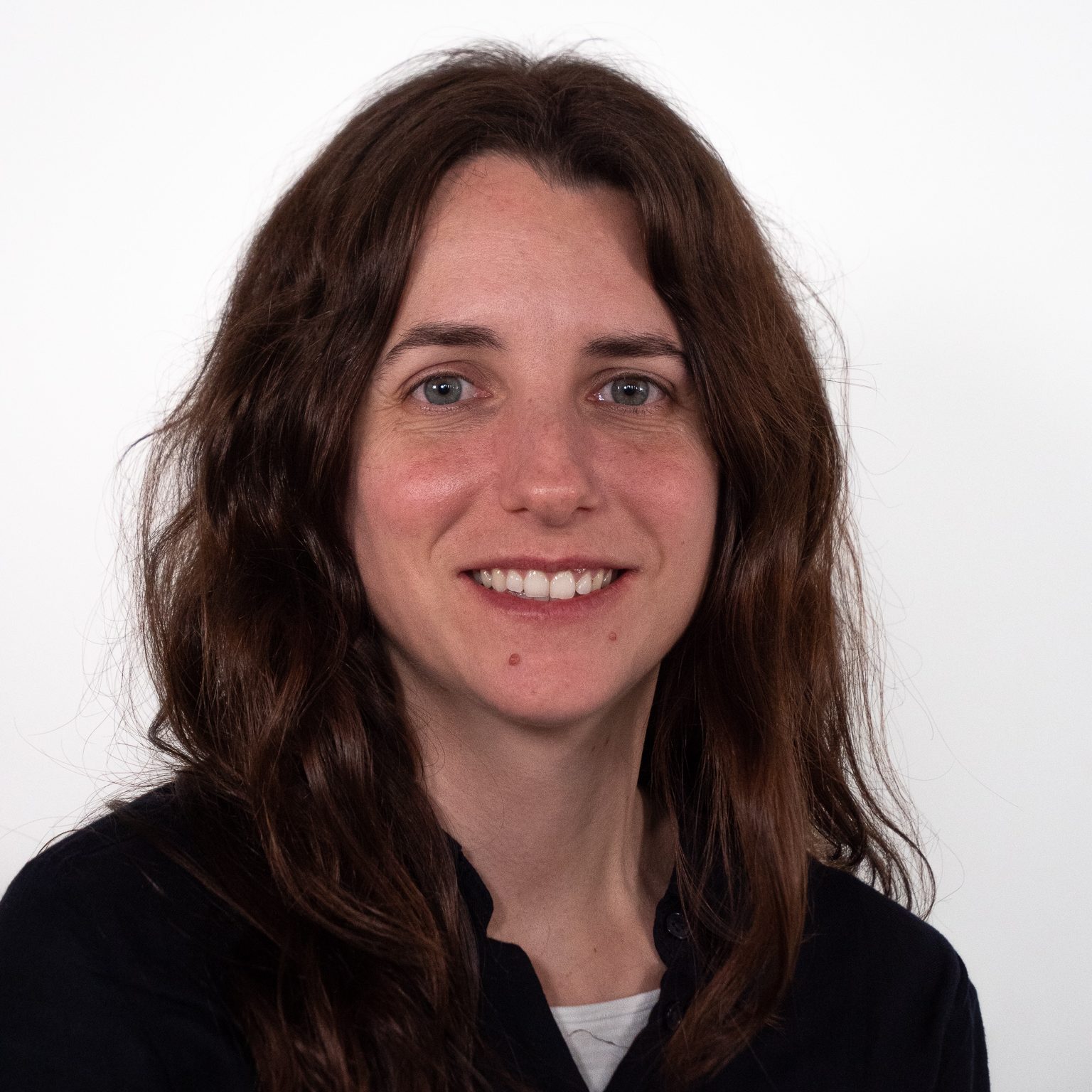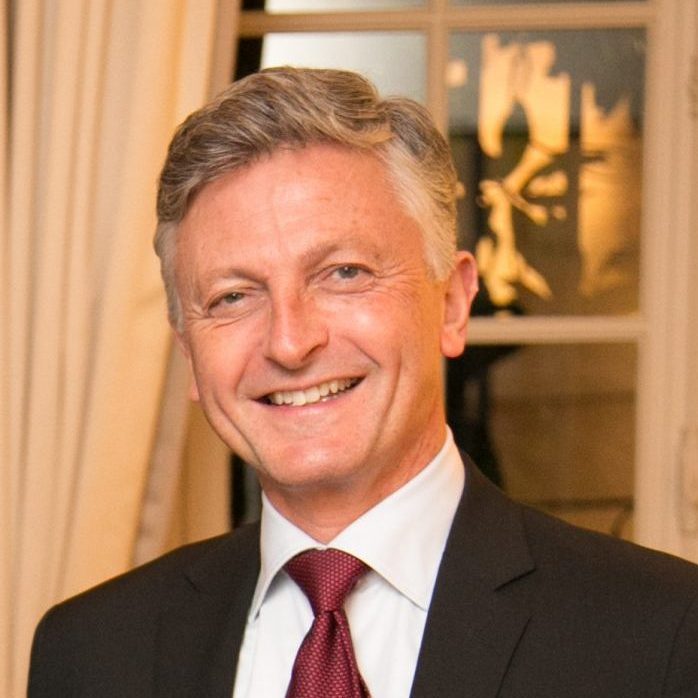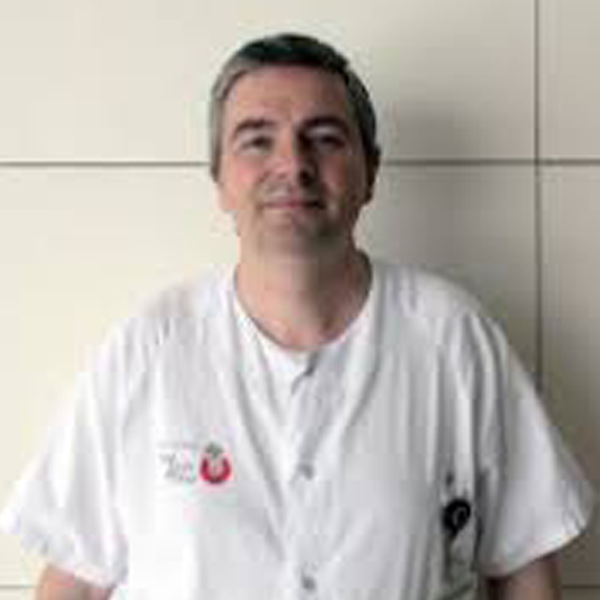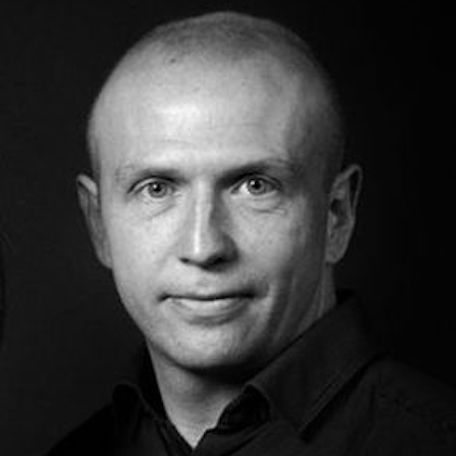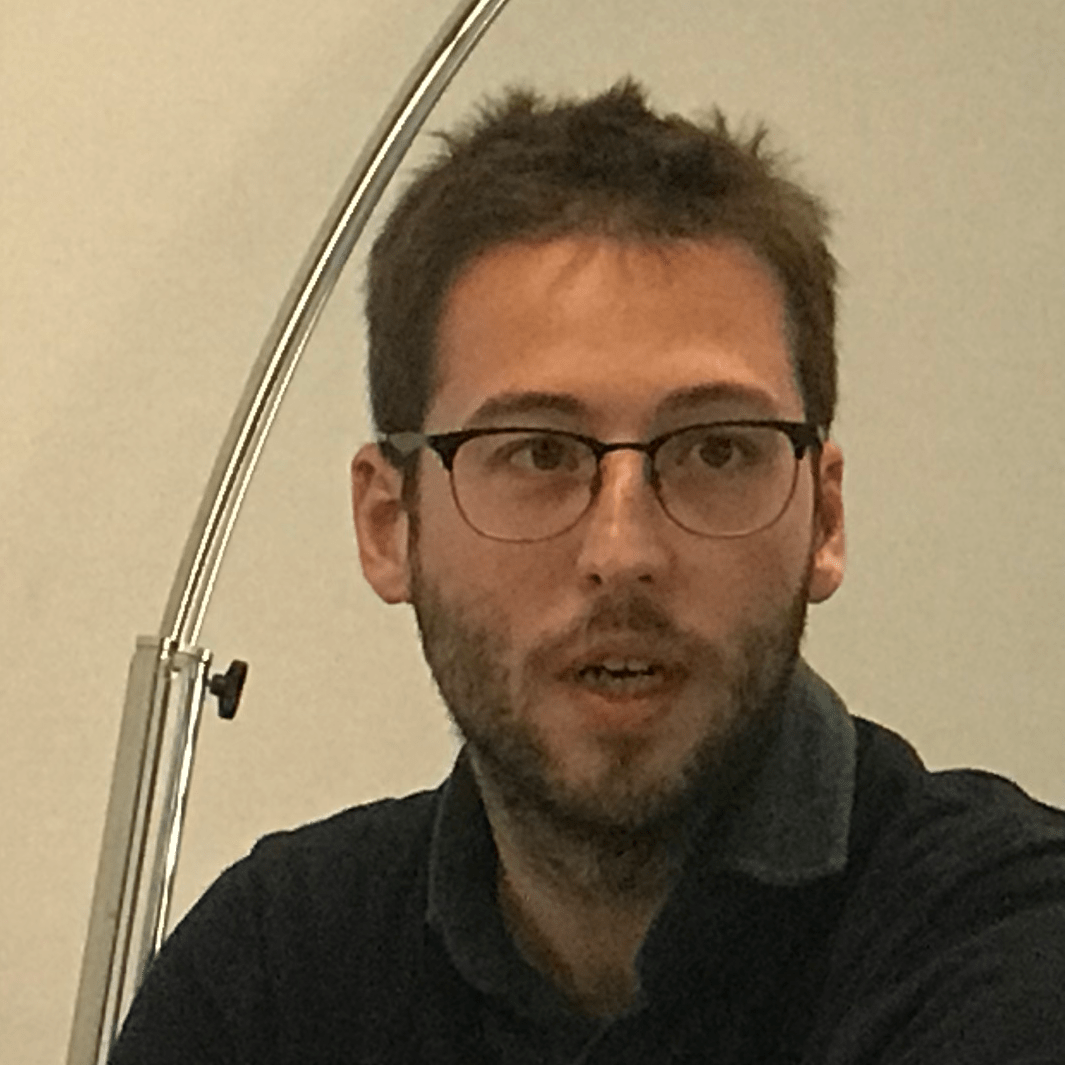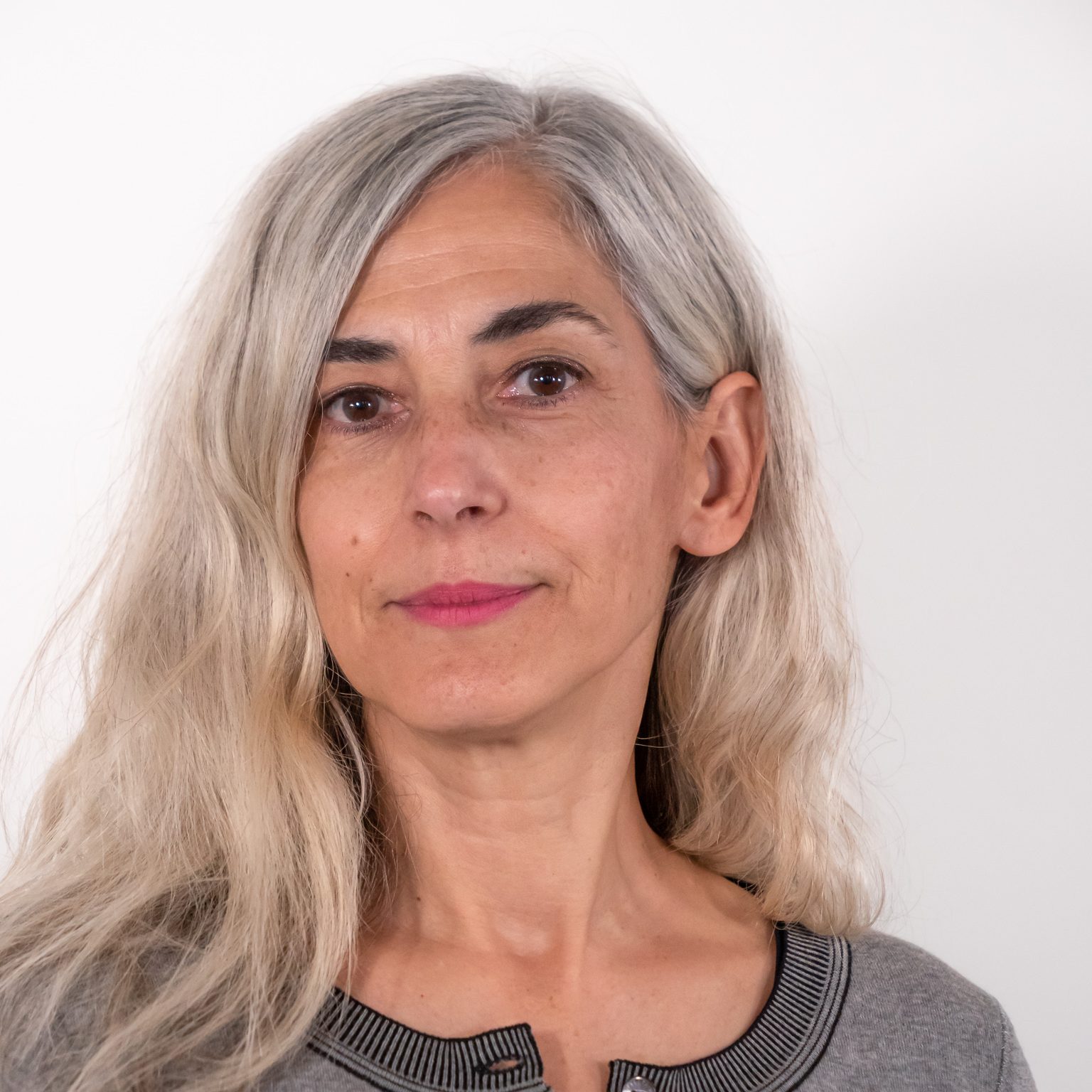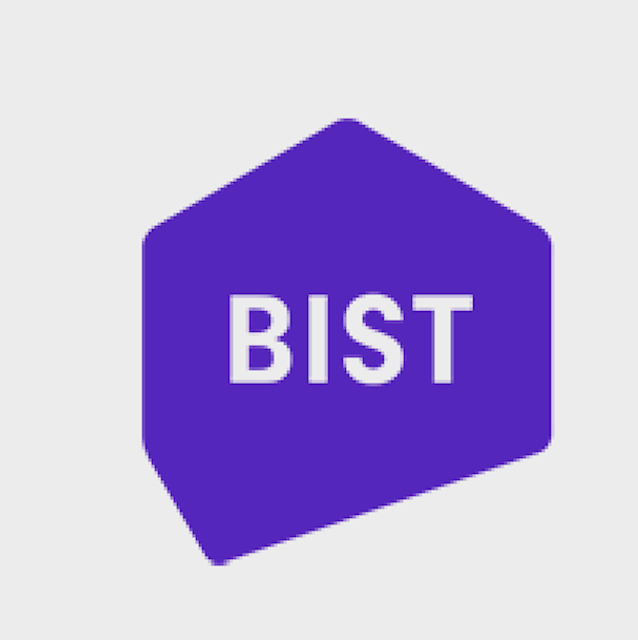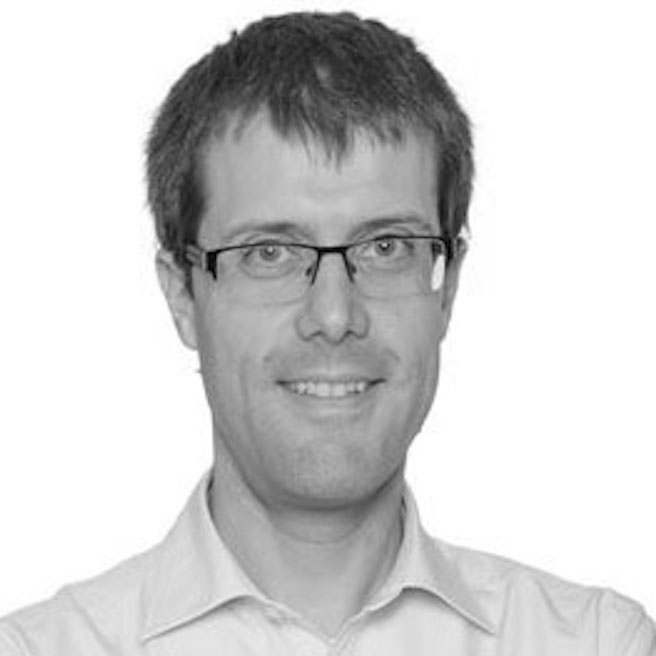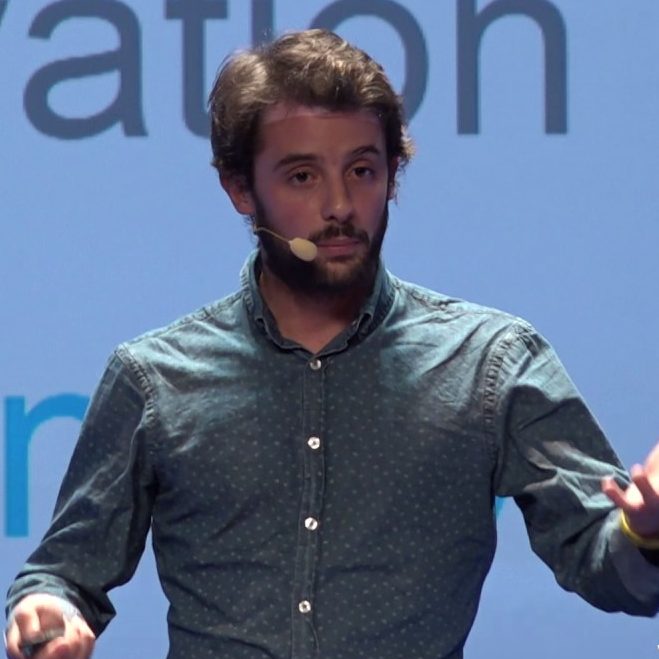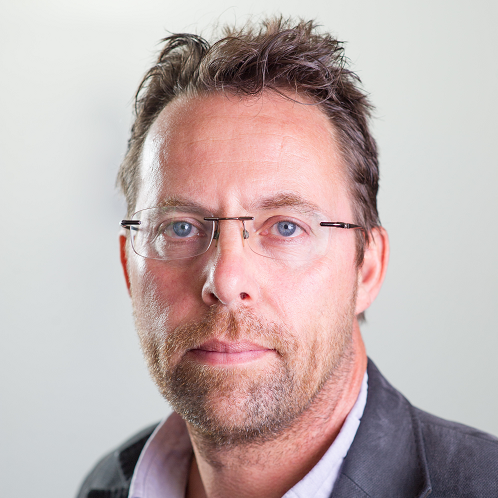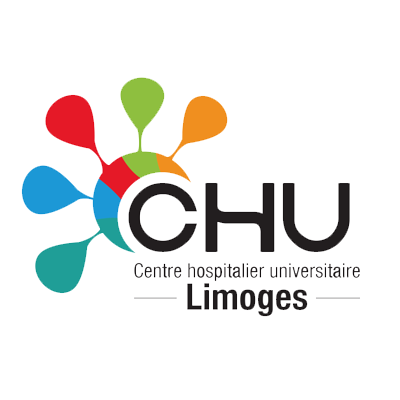Bringing rehabilitation
care @home
ABOUT THE PROJECT
Stroke is the third cause of death and the main cause of adult disability worldwide, and market drivers exist for new ICT based treatment solutions. For this, we propose the Rehabilitation Gaming System (RGS), a science-based ICT solution for neurorehabilitation combining brain theory, AI, cloud computing and virtual reality and targeting motor and cognitive recovery after stroke. RGS provides a continuum of evaluations and therapeutic solutions that accompany the patient from the clinic to the therapy center. RGS has been clinically validated showing its superiority over other products while reducing cost also through its use of standard off-the-shelf hardware and a Software as a Service model (SaaS). Commercial evaluations have shown that RGS acts as a workforce multiplier while delivering a high quality of care at clinical centers (RGS@clinic).
However, in order to achieve significant benefits in the patients’ Quality of Life, it is essential that RGS becomes an at home solution providing 24/7 monitoring and care. For this reason, the project will investigate adoption models, taking into account the diversity of European clinical guidelines and reimbursement models.
All data exchange will be realized over the cloud and interfaced to analytics engines providing treatment customization, high-end analytics, and prognosis services to clinicians and reimbursers, and reporting and intervention tools for clinicians and healthcare providers.
The consortium will realize the RGS@home system by taking the following actions:
Extending an existing commercial product used in neurorehabilitation centers
Customizing it for the home scenario for patients and caregivers
Augmenting it with a wearable monitoring and feedback device.
The consortium combines leading institutions in brain research, healthcare, and medical devices to bring the RGS system to the market of eHealth services reducing cost while enhancing the quality of care.
Healthcare Experts
RGS@Home has an international consortium of Academics and Clinical partners: IBEC, BIST, Uppsala Lans Landsng. Hosp., Foundation de l’Avenir pour la Recherche Médicale Appliquée, Parc Sanitari San Joan de Deu, and HAVAE laboratory at the Université de Limoges, involving researchers, neuroscientists, doctors, and therapists.
CONSORTIUM MEMBERS
ASSOCIATED MEMBERS
RGS USERS SAY

“This kind of treatment is very interesting because we can treat patients in the chronic phase that don’t receive any treatment but that can still improve their upper limbs deficits”

“RGS used in Occupational Therapy treatments provides advances in our discipline and brings new opportunities to our users of Vall d’Hebron University Hospital.”

“The rehabilitation programme was really motivating, because I learnt new things. I was able to greatly improve the movement of my arms, in a very subconscious, natural way.”
